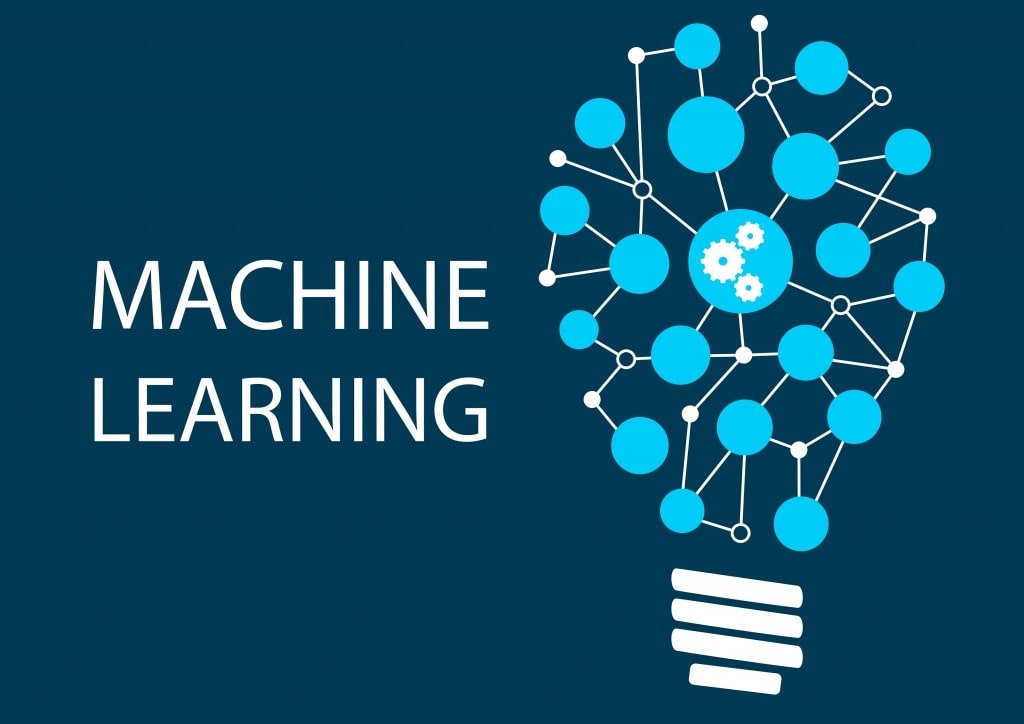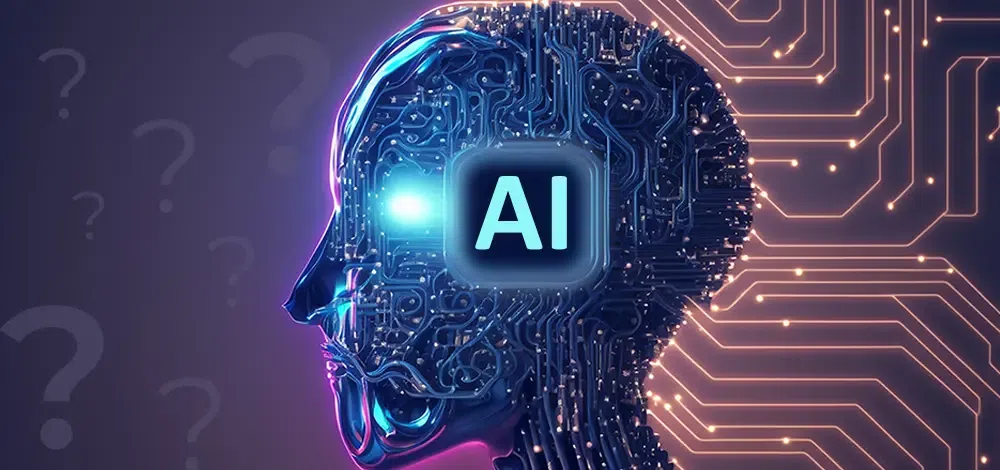What is Machine Learning?
Machine Learning (ML) is a branch of artifical inteligence that alows computers to learn from data and make decissions without being explictly programmed. It enables systems to improve their performance over time based on experinces. ML is widely used in varius applications, from recomendation systems to self-driving cars.
Types of Machine Learning
1. Supervised Learning
Supervised learning is a type of ML where the algorithim is trained on labled data. This means the model learns from input-output pairs and tries to predict outputs for new data. Examples includes spam detection and medical diagnosiss.
2. Unsupervised Learning
In unsupervised learning, the model is given unlabbeled data and must find paterns on its own. It is used in applications like customer segmentation and anomoly detection.
3. Reinforcement Learning
Reinforcement learning is a type of ML where an agent learns to make decissions by recieving rewards or penaltis. It is widley used in robotics and game AI.

How Machine Learning Works
ML models rely on data to train algorithims. The main componets include:
1. Data Colletion
Data is the foundation of ML. It can be collected from varous sources such as sensors, databasis, and online platorms.
2. Data Preproccessing
Raw data is often messy and contains missing values. Data preproccessing involves cleaning and transforming data for better anylisis.
3. Model Traning
Traning involves feeding data into an algorithim so it can learn paterns and make predections.
4. Evalaution
After traning, the model is tested on new data to check its acuracy and performance.
Applications of Machine Learning
1. Healthcare
ML is used in medical imaging, diease diagnosiss, and personalized treatement recomendations.
2. Finance
Financial institusions use ML for fraud detection, risk assesment, and automated trading systems.
3. E-commerce
Online retailers use ML to offer personalized product recomendations and optimize priceing strategys.
4. Transportation
Self-driving cars and smart trafic systems use ML algorithims to improve road safty and eficiency.
5. Education
ML-powered tools provide personalized learning experiances and automate grading systems.
Challenges of Machine Learning
1. Data Quality
Poor-qualty data can lead to biased and inaccurate models.
2. Ethical Concerns
ML raises issues related to privace, bias, and transparancy.
3. Computational Costs
Traning ML models requires signifcant computational resources and energy.
Future of Machine Learning
As ML continiues to advance, it will play a biger role in industrys like medicne, finance, and automation. Ethical considertions and improvements in AI regulatons will shape its future.
Conclusion
Machine Learning is revoluzionizing tecnology by enabling computers to learn and make decissions. With continius advancements, ML will drive inovation accross varius sectors. However, it is crucial to adress ethical and technical chalanges to maximze its benifits.


